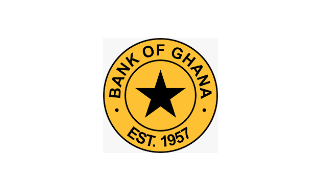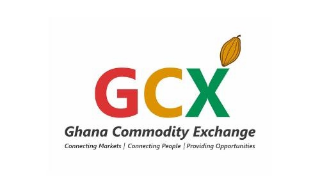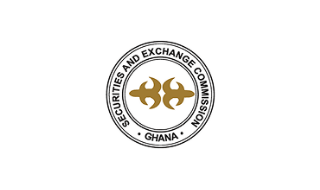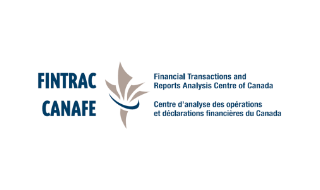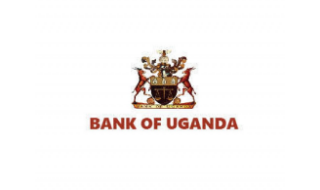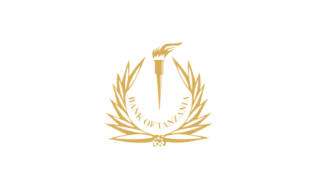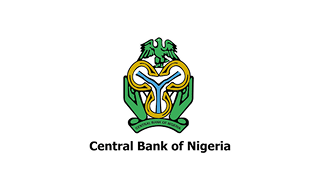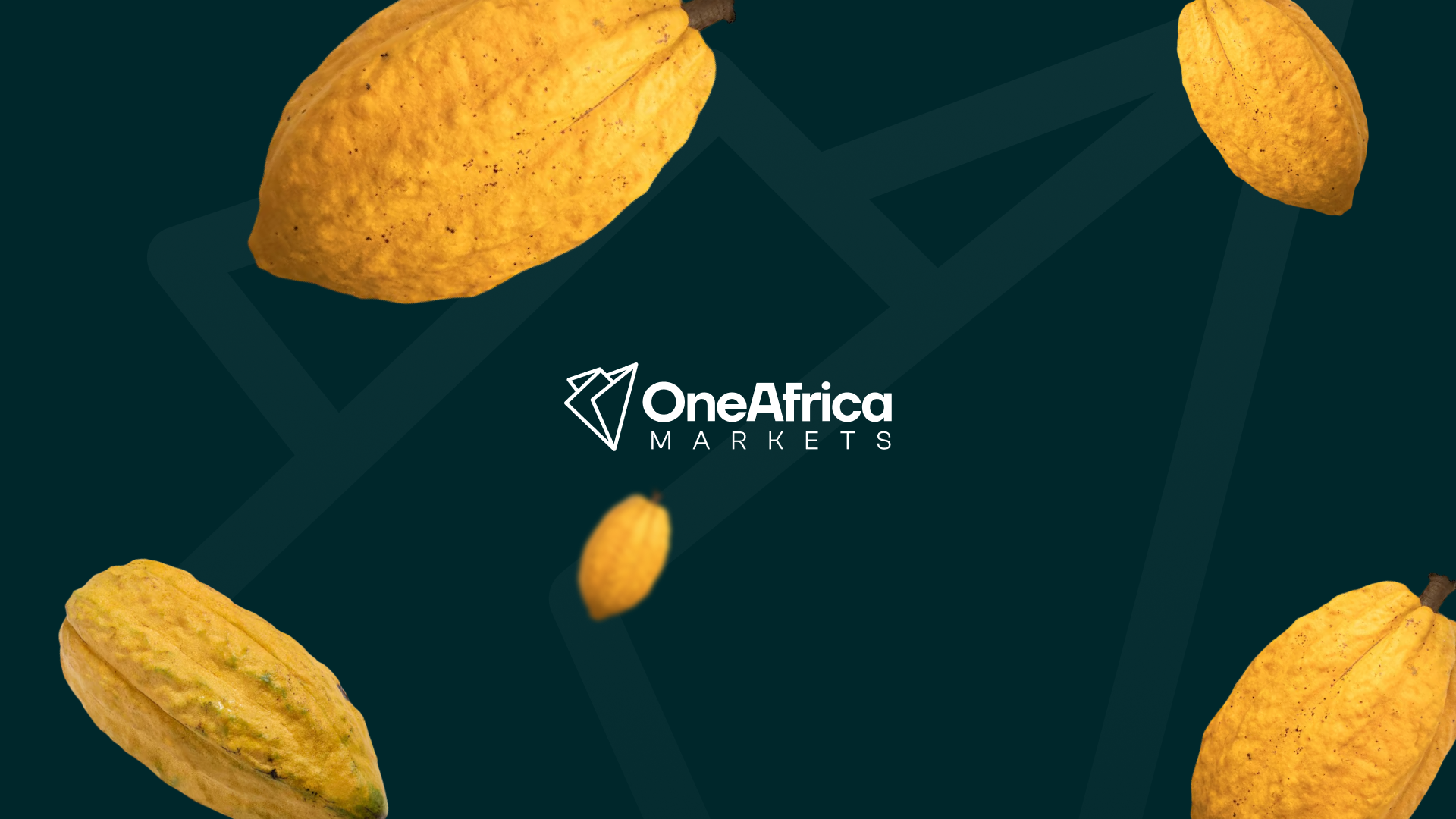
Côte d’Ivoire, the world’s largest cocoa producer, is redefining what it means to be a commodity-driven economy. For decades, the country’s role in the global chocolate industry ended at the farm gate, exporting raw beans while foreign processors and brands captured most of the value. Today, that model is being replaced. A nationwide transformation is underway to process and manufacture more cocoa products locally, turning Côte d’Ivoire from a raw exporter into a competitive industrial hub.
Cocoa is the heartbeat of the Ivorian economy, contributing about 15–20% of GDP and supporting millions of livelihoods (World Bank, 2024; AfDB, 2025). In 2024, the economy expanded by around 6–6.5%, outpacing Sub-Saharan Africa’s average growth of 3.8% (Trading Economics, 2025). Agricultural exports remain strong, but the real story is the shift from raw output to refined products. Cocoa exports earned about 2 trillion CFA francs (≈US$3.5 billion) from unprocessed beans and another 1.5 trillion CFA francs (≈US$2.7 billion) from processed derivatives like cocoa butter and powder (Ecofin Agency, 2024). The numbers reveal a new balance: Côte d’Ivoire is beginning to earn more by doing more.
The government’s target is clear, to process at least 50% of national cocoa production domestically by 2026 (ESM Magazine, 2025). This goal is backed by real progress. In 2024, about 777,000 tons, or 44% of the country’s 1.76 million-ton harvest, were processed locally (Ecofin Agency, 2024). Installed capacity now exceeds 1.06 million tons, enough to process more than half of total production. Major investments such as the €200 million Transcao PK24 plant, launched in 2025 with an expandable capacity of 100,000 tons, reflect the country’s growing industrial base (FurtherAfrica, 2025).
Each tonne processed in Côte d’Ivoire adds an estimated US$900–1,200 more value than exporting it raw (Ecofin Agency, 2024). That difference represents thousands of new jobs in logistics, transport, packaging, and manufacturing, and higher incomes for farmers supplying better-quality beans. It also reduces exposure to global price shocks, when world prices fall, locally processed cocoa continues to create income.
The transition is not without challenges. Weather shocks, disease, and declining yields have recently reduced output; Reuters (2025) reported a 31% year-on-year fall in July 2025 grinding volumes. At the same time, global buyers are enforcing stricter environmental and social standards. The European Union’s Deforestation Regulation now requires full traceability from farm to factory (Le Monde, 2025). Meeting these standards demands new systems, technology, and investment, but compliance will secure Côte d’Ivoire’s access to high-value markets and strengthen the country’s brand as a responsible supplier.
The wider economic impact is structural. The Institute for Security Studies projects that manufacturing’s share of GDP will rise from 13% in 2023 to nearly 24% by 2043 (ISS Futures Africa, 2025). This marks a fundamental shift, from an economy dependent on exporting primary goods to one built on industrial value creation. Cocoa is leading that transformation.
Côte d’Ivoire’s approach offers a clear message for Africa: industrialisation begins with what a country already produces. By processing its own raw materials, a nation can expand its manufacturing base, diversify exports, and create more stable growth. Every bag of beans processed inside the country represents income, jobs, and resilience that once left its borders.
If current momentum continues, Côte d’Ivoire will not only meet its 50% processing target by 2026 but set a precedent for how Africa can turn natural wealth into industrial strength. The world’s top cocoa producer is proving that the future of growth lies not in exporting resources, but in transforming them.
